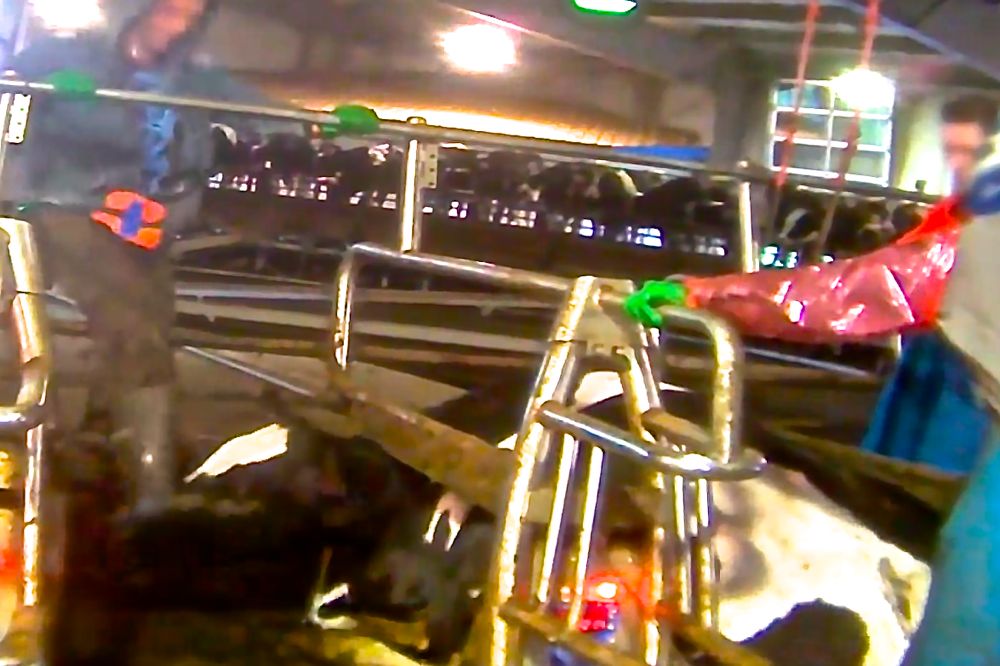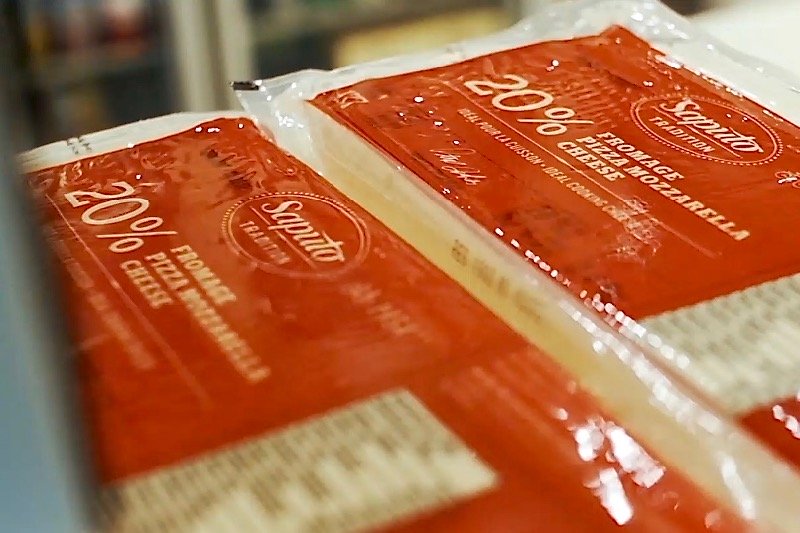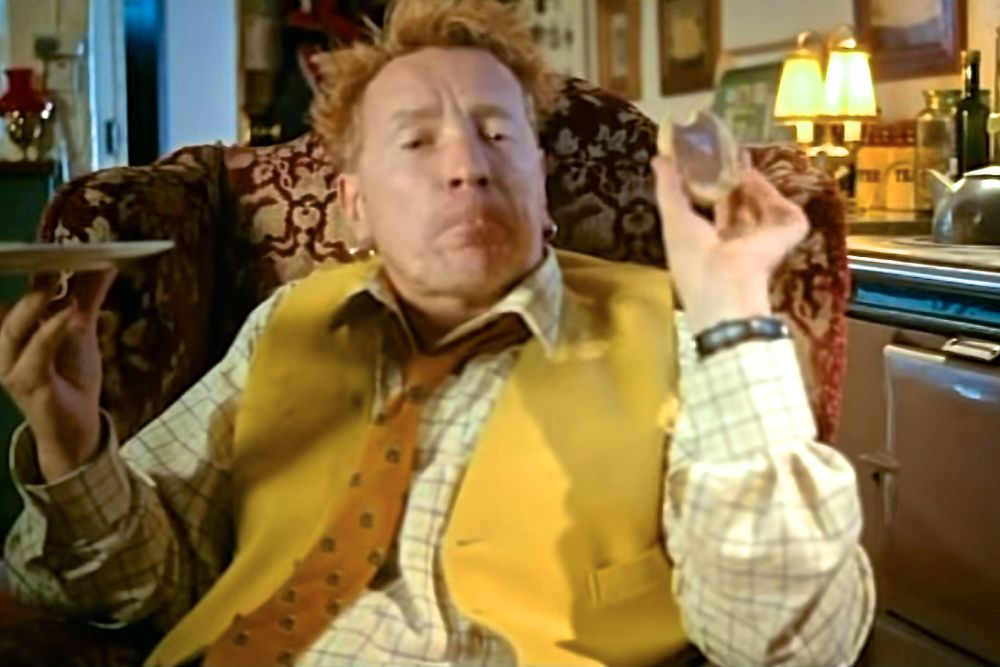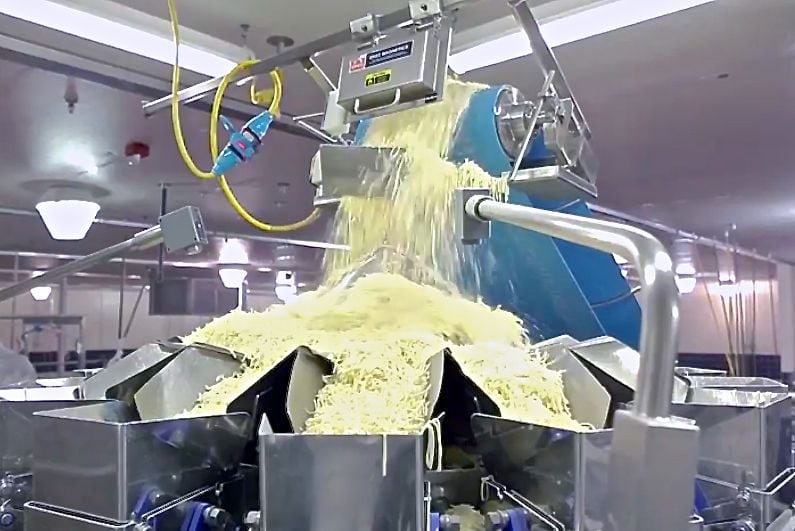British Columbia’s largest dairy farm has been slapped with a reported $300,000 in fines after entering guilty pleas to charges of animal cruelty, stemming from covert video shot in 2014.
Chilliwack Cattle Sales (CCS) and co-owner Wesley Kooyman were convicted Friday in Provincial Court over violations of the province’s Prevention of Cruelty to Animals Act.
According to the local Chilliwack Times newspaper, CCS president Kenneth Kooyman entered three guilty pleas for three charges on the farm’s behalf while one of the farm’s directors, Wesley Kooyman, pled guilty to a fourth charge.
Read Also

U.S. livestock: Cattle strength continues
Cattle futures on the Chicago Mercantile Exchange were stronger on Friday, hitting fresh highs to end the week.
According to a report Friday by Times reporter Paul Henderson, lawyers for the Crown and defence issued a joint recommendation for fines of $75,000 on each of the four charges, for a total of $300,000, plus $45,000 in total victim fine surcharges.
U.S.-based animal welfare and vegan advocacy organization Mercy For Animals, whose operative recorded the video in 2014, on Friday hailed the convictions as the first against a company for acts of its employees “following an undercover investigation by an animal protection group.”
The video, made available on its website and broadcast nationally at the time on CTV, showed dairy workers “viciously kicking, punching and beating animals with chains, metal pipes, canes and rakes,” the group said in a release.
The Kooyman brothers, who operate the farm, “were in a position to prevent certain activities and failed to do so” and “unwittingly had permitted a culture of abuse to thrive,” the Times quoted Crown prosecutor Jim MacAulay as saying in court.
Wesley Kooyman will be prohibited from owning or caring for cattle for a year, the Times said, other than to feed cattle in the presence of others.
While Wesley Kooyman attended the barns at 3:30 a.m. each day to feed the cattle, he “had no knowledge of any mistreatment of animals during the night shift or he would have put a stop to it,” defence lawyer Leonard Doust was quoted as saying in court.
In a statement quoted by the Times, Wesley Kooyman said he “accept(s) the judgment of the Court and we vow to do everything we can to prevent anything like this from happening again.”
Charges remain against seven fired CCS employees, the Times said, noting a pre-trial conference is scheduled in April 2017 for four of the men and three others are due to plead guilty a few days later.
The case’s impacts have been felt well beyond the court system. In September 2014, a few months after MFA’s video went public, the B.C. government made the National Farm Animal Care Council’s dairy code of practice mandatory for all dairy producers in the province.
MFA, citing reports obtained this year from the B.C. Milk Marketing Board (BCMMB), said more than 25 per cent of B.C. dairy farms were found out of compliance with the provincial code of practice for animal welfare during inspections over an 18-month period.
Inspection reports, the group said, “showed numerous problems, including overcrowding, lame or soiled cattle, tails accidentally torn off by machinery, branding and dehorning of calves without pain medication, cows lying on concrete, and failure to produce a manual outlining management practices on individual farms.”
Montreal-based dairy giant Saputo, formerly a major CCS customer, distanced itself from the farm after the video appeared, announcing in June 2014 it would not take milk from the facility.
CCS milk that had been destined for Saputo had to be rerouted to a U.S. biodigestor plant. During its investigation at the time, the BCMMB also stopped marketing the farm’s milk, leading to the dumping of over 35,000 litres of product.
“The abuse brought to light in this case should be viewed as a catalyst for change to ensure the proper treatment of dairy cattle through appropriate, enforceable and legal measures including severe penalties for offenders,” Saputo said in a release at the time.
Since the video appeared, CCS has named a director of human resources and requires employees to take three days of mandatory training on animal care and handling. Along with direct supervision, employees now also work in view of surveillance cameras.
“We can monitor what is going on 24 hours by looking at our cellphones,” farm manager Jeff Kooyman said in an article by Nicolas Mesly in Country Guide in December last year.
For its part, MFA said it would now press for NFACC’s dairy code of practice to be made mandatory in all provinces, to “help ensure that dairy cows receive a basic level of care and humane handling.”
“It is obvious the dairy industry is incapable of self-regulation,” MFA president Nathan Runkle said in the group’s release Friday.
“Giving the dairy code of practice the force of law in every province would be a much-needed first step toward ensuring the sadistic animal abuse we uncovered in Chilliwack never happens again.” — AGCanada.com Network




















